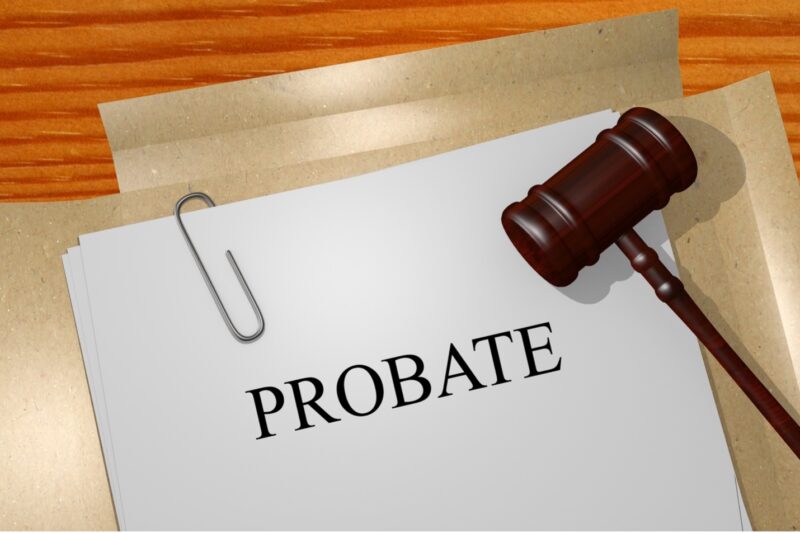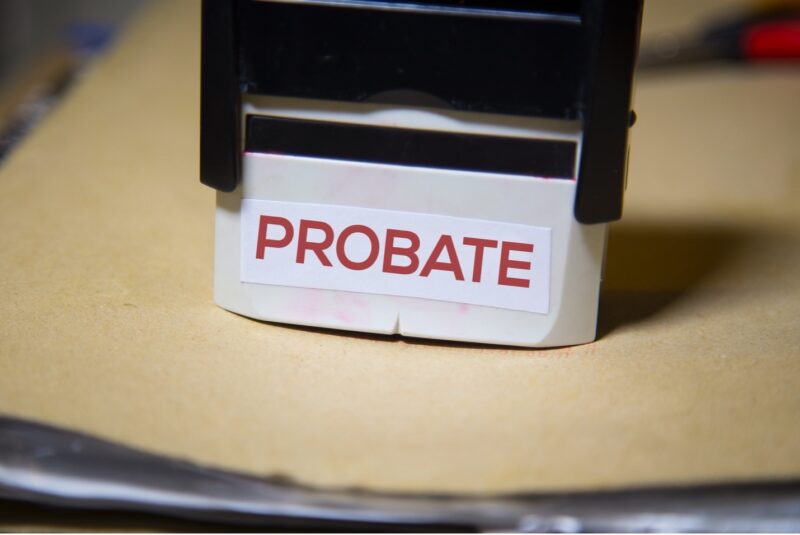When an individual passes away in California, a probate court determines whether their Last Will and Testament is valid. This process protects decedents’ estates and their designated beneficiaries from fraud and other unlawful acts associated with wills. With a few careful steps, estate planners can make sure they leave behind valid wills that do not cause issues or delays for their beneficiaries. San Francisco estate planning attorneys can help estate planners understand the requirements for a valid will in California. Consider getting in touch with Von Rock Law at (866) 720-0195 for more information and to schedule your individualized estate planning consultation.
Requirements for Valid Wills in California
The California Probate Court determines whether a decedent has left behind a valid will. A valid will must meet a number of requirements:
Wills Must Be in Writing
Valid wills may be either handwritten or typed. Theoretically speaking, even a will scrawled on a napkin would be legally valid––but a valid will must be in writing. If an individual attempts to attest their will as an oral statement, whether in recording or to a witness, it will be invalidated by probate courts in California.
That being said, the testator does not need to personally write their own will. A testator might choose to download a template will, such as the Statutory Will Form provided by the California Bar. If a testator downloads one of these forms, they can simply fill in the blanks. The resulting document will be a combination of text written by the testator and text provided by the California Bar. Individuals with more complex estates, or those who wish to be especially certain that the will they are creating will be difficult to challenge in probate court, may choose instead to have a California estate planning attorney draft the document for them to sign.
A Valid Will Needs Signatures
California probate law typically requires at least two witnesses for each valid will. These witnesses must watch as the testator signs the will and sign an affidavit stating that the testator was of sound mind at the time. In addition, these witnesses must also be of sound mind––and they must understand that they are signing someone else’s will. They must also be over the age of 18 years old and not named as a beneficiary in the instrument.
In some cases, holographic wills may be valid in California. Holographic wills are handwritten and signed by the testator. In many cases, these holographic wills are considered valid even with no witness signatures.
Some Errors Are Allowed
A will does not necessarily need to be perfect in order to be valid. California’s harmless error provision states that a noncompliant will may be treated as valid if there is “clear and convincing evidence” that the decedent intended this document to serve as their will.
Wills Must Use Clear, Precise Language
Despite the harmless error provision, it is always a good idea to use clear and precise language when drafting wills. An estate planning attorney in San Francisco can go over a testator’s will to ensure that the language in the document clearly indicates their wishes. A testator who uses the most precise language possible reduces the chances of legal challenges. This in turn may lead to a more seamless inheritance process with fewer disputes among beneficiaries. The California estate planning attorneys with Von Rock Law can assist testators with drafting wills and other estate planning documents.
Other Requirements for a Valid Will
In addition, each valid will must meet a number of other requirements:
- The testator must sign the will;
- The testator must put a date on the will;
- The testator must be at least 18 years of age; and
- The testator must be of sound mind when signing the will.
The latter point essentially means that the testator must have the mental capacity to understand the meaning of the will that they are signing. For example, a testator cannot be drunk or intoxicated when signing the bill. Someone with cognitive challenges may still create and sign a will, but they must understand what they are doing. If there is doubt about whether a testator was of sound mind at the time of signature, interested parties may challenge the will.
What Happens if a Will Becomes Invalid?
If the probate court finds that a will is invalid, it will treat the decedent’s estate in the same manner as that of someone who died without a will. In other words, the probate court will find that the decedent died intestate. This means that the court will disregard the will entirely and instead follow a pre-determined set of guidelines for distributing the estate’s assets. This may drastically alter both who receives property from the decedent’s estate and which assets these individuals receive.
Can Someone Challenge the Validity of a Will?
People can challenge the validity of a will in California. Those who challenge wills must have a legally recognized vested interest in doing so. A family member who stands to receive more assets if the probate court follows the rules of intestate succession rather than distributing the decedent’s property as dictated in their will may bring a legal challenge and attempt to have the will declared invalid. If a testator states in their will that their grandson should inherit the family business, then the testator’s spouse may be considered a party with legal standing to challenge the will. If the spouse’s challenge is successful, they may inherit the family business instead. This is because, compared to grandchildren, spouses and children are higher on the “hierarchy” established by California’s intestate law.
This hierarchy is as follows:
- Spouse or Domestic Partner
- Children
- Parents
- Siblings (or descendants of siblings)
- Grandparents (or descendants of grandparents)
- Other relatives (such as grandchildren, nieces, uncles, and so on)
- The State of California
When a will is invalidated during probate, the testator’s wishes have no bearing on how their assets will be distributed. Any alignment between their preferences as expressed in the (invalidated) will and the ultimate distribution of their belongings will be entirely the result of coincidence. This also shows why certain family members may have an incentive to challenge the validity of wills, and it highlights the need to draft these documents carefully.
Contact San Francisco Estate Planning Attorneys to Learn More
Estate planners can receive further guidance and education from San Francisco estate planning attorneys as they draft valid wills. To learn more about the various requirements of a valid will in California, reach out to Von Rock Law by calling (866) 720-0195 to schedule your personalized estate planning consultation.




